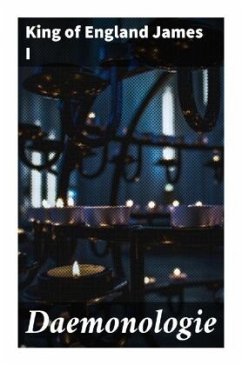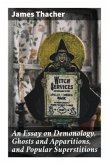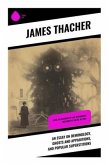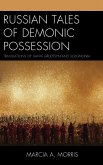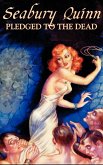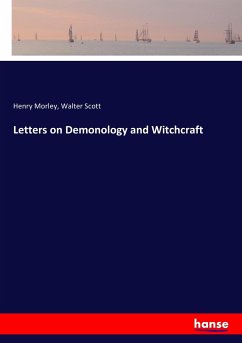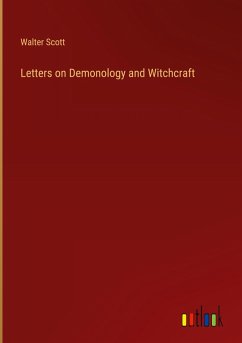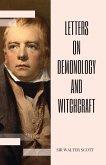In "Daemonologie," King James I delves into the contentious and often eerie world of witchcraft and the supernatural. Published in 1597, this treatise is not merely a reflection of the Elizabethan era's fascination with the occult, but a profound exploration of moral, religious, and legal implications surrounding witchcraft. Written in a didactic style, the book articulates the king's personal beliefs about the existence of spirits and demons, blending theological discourses with legislative urgency, as he advocates for the persecution of witches and the eradication of their malevolent influences. James I, who ascended to the English throne in 1603, was deeply influenced by the socio-political climate of his time, particularly the witch hunts sweeping across Europe. As a scholar and a monarch, his keen interest in the supernatural was informed by both his impressions of Scottish witch trials and his own faith, which perceived witchcraft as a direct challenge to the divine order. His personal experiences and scholarly inclinations culminated in this work, creating a unique intersection of governance and theology that reflects the anxieties of his reign. "Daemonologie" is essential reading for those interested in the historical roots of witch-hunting, religious persecution, and the intersection of governance and belief. It invites readers to engage critically with the texts of power and superstition, making it a significant contribution to both literary and historical studies. Those who wish to understand the complexities of early modern European thought and the role of monarchy in shaping societal norms will find this work invaluable.
Bitte wählen Sie Ihr Anliegen aus.
Rechnungen
Retourenschein anfordern
Bestellstatus
Storno

